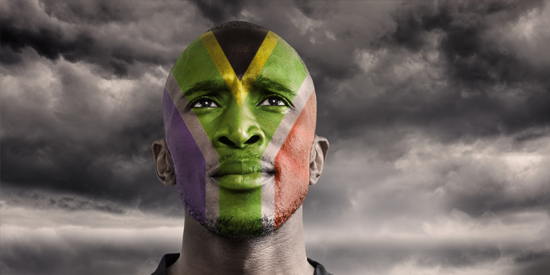The bidding to host the 2023 Rugby World Cup has opened, and South Africa is up against Ireland, Italy, and France for the honour. Here’s why we not only deserve, but need to stage the tournament, which could outshine even the glories and benefits of 1995. By Ben Karpinski
The 2023 Rugby World Cup may be a long time in the sporting future, but the tournament suddenly holds great significance for South Africa, which is now part of the bidding process.
Think back to 1995, when South Africa last had the privilege of hosting the tournament. It was a huge success, and naturally what made it all the more memorable was the Springboks lifting the trophy.
But the prospect of having the tournament back here in 2023 could have an even greater impact.
As a host nation, South Africa has the stadiums, the infrastructure, and the rugby culture. It will be a huge deal, with locals flocking to the stadiums along with touring fans, embracing the tournament from start to finish.
South Africa presents a favourable and affordable destination for foreigners, and a convenient time zone for matches to be watched in the huge rugby markets of the United Kingdom and France.
The 2023 Rugby World Cup would also follow conveniently on from the 2022 Commonwealth Games in Durban. One of the things that makes the Rugby World Cup so appealing is that it is one of the world’s biggest sporting events, yet comes with relatively low investment requirements, and low risk compared to the Olympics and FIFA World Cup.
There may be money to be spent here and there, but especially following the Commonwealth Games, South Africa will be more than ready and capable of putting on an incredible tournament long before it kicks off.
Ireland, France and Italy don’t compare when it comes to host capabilities. The bigger reason for South Africa to host is for what it will do for the game and people in South Africa.
SARU technically can’t bid for this tournament owing to their failure to successfully implement their racial transformation targets as defined by government. They are hoping however that their international hosting ban will be lifted in the next round of reviews, so are going ahead with the bid.
Speaking of transformation, the 2023 Rugby World Cup can be used as a real platform for future teams and generations. Right now quotas can be set and promises can be made, but with the prospect of a home World Cup to work towards, there is an added incentive to make the game more accessible, and a lot more interest and excitement for everyone.
1995 was all good and well, but rugby had just stepped out of Apartheid back then, so it wasn’t the sport that it is now, or indeed can be in 2023. Government are within their rights to implement bans and sanctions on sports not fulfilling their transformation objectives, but they need to acknowledge how great this tournament could be for South Africa and do everything in their power to secure the hosting.
The tournament must be seen as an opportunity to realise objectives for transformation, and create a boost to the economy and general sporting morale in the country.
If South Africa can win the bid and get this right, we could see a lasting sporting legacy that will uplift the people of this country. More than anything Sepp Blatter could have promised, and more than the iconic five rings could ever deliver.

Leave a Reply